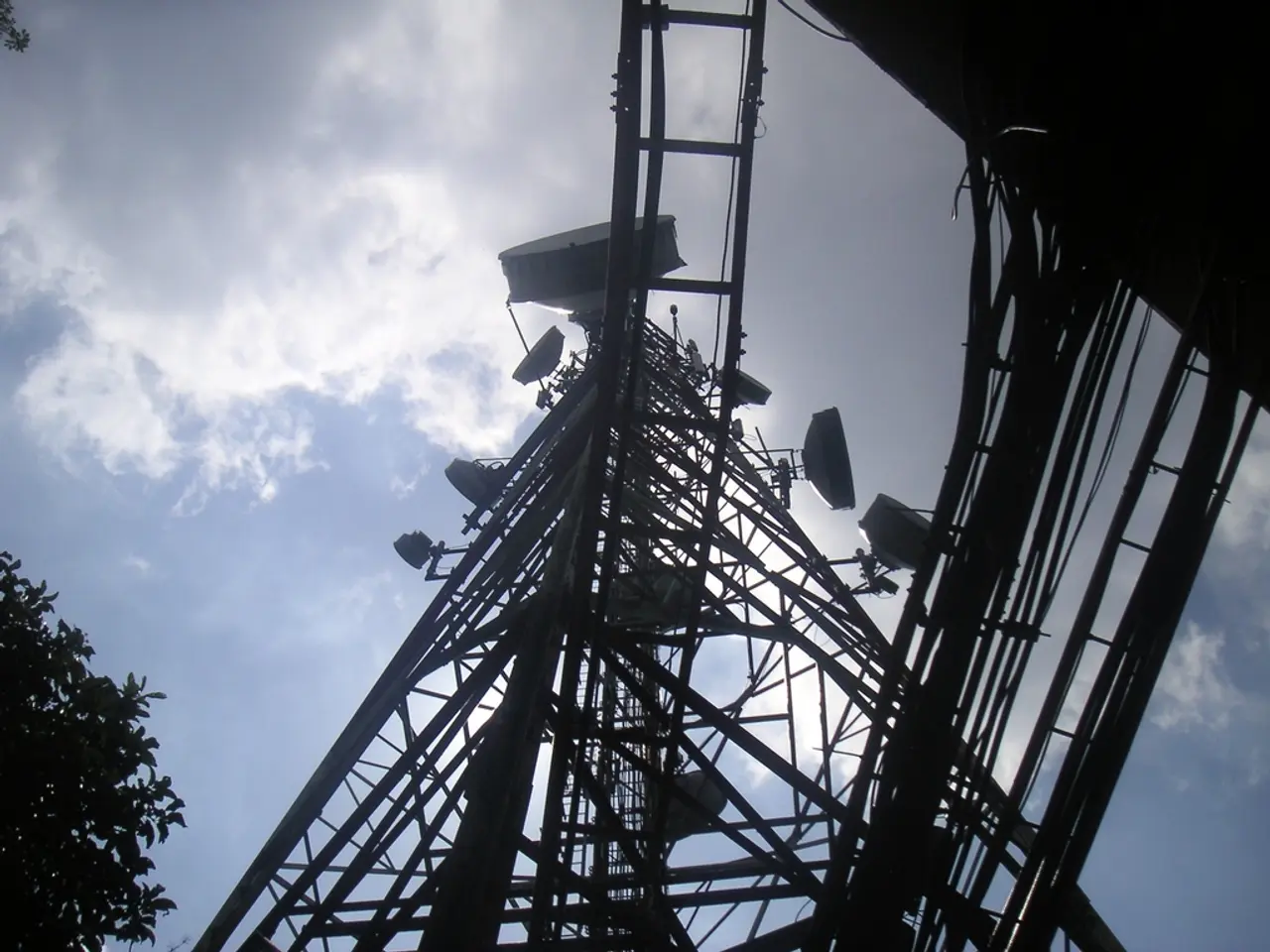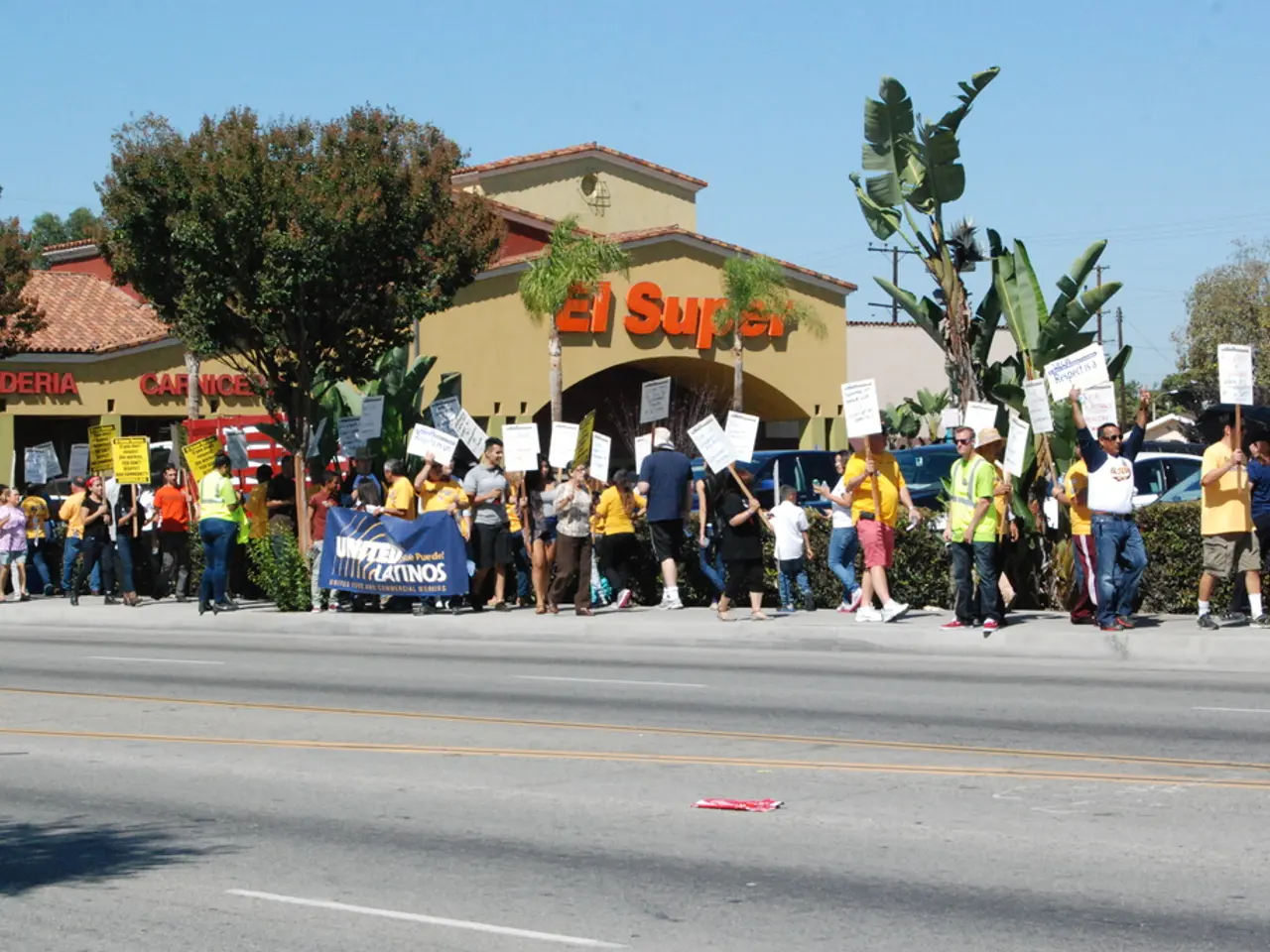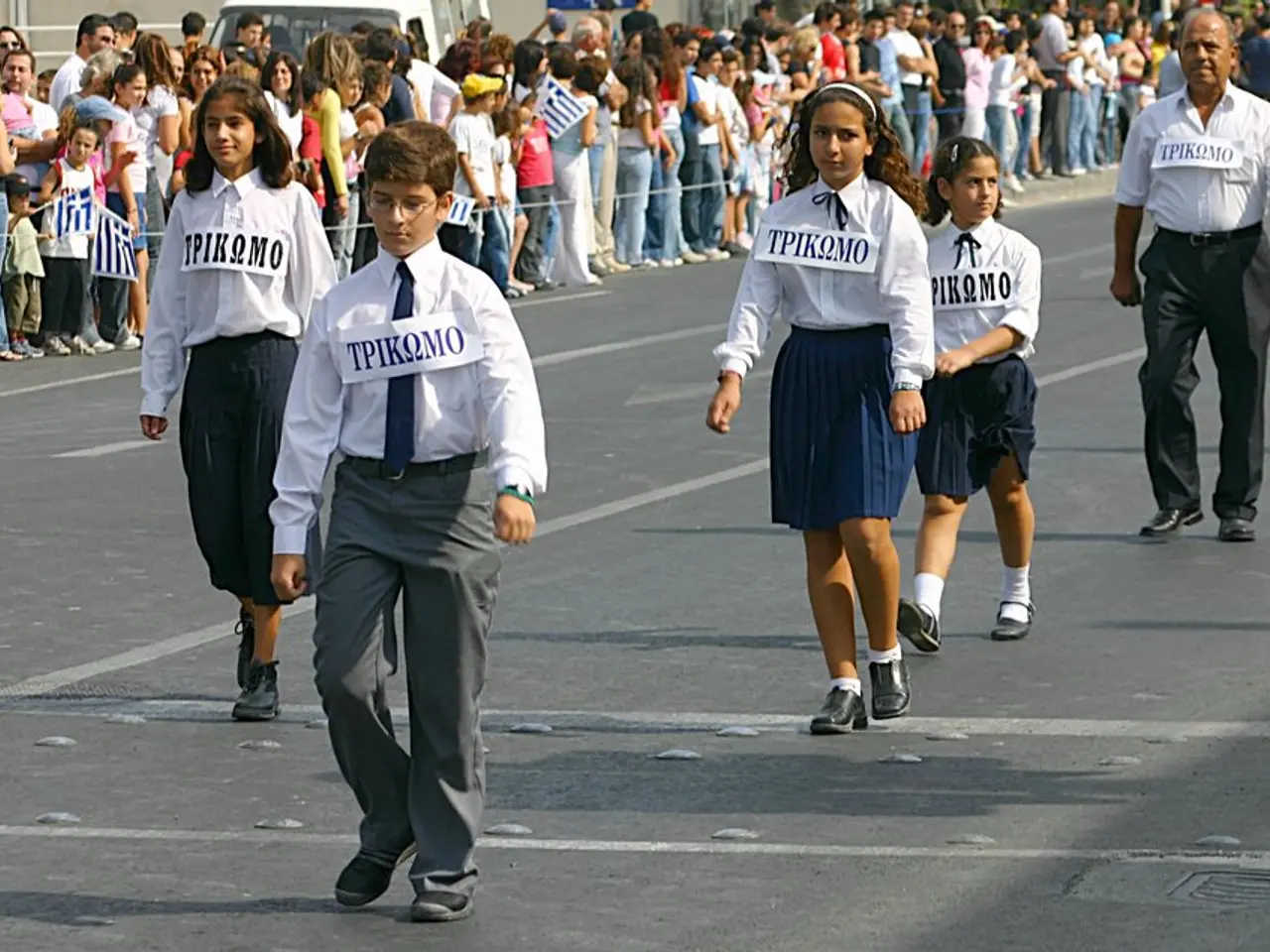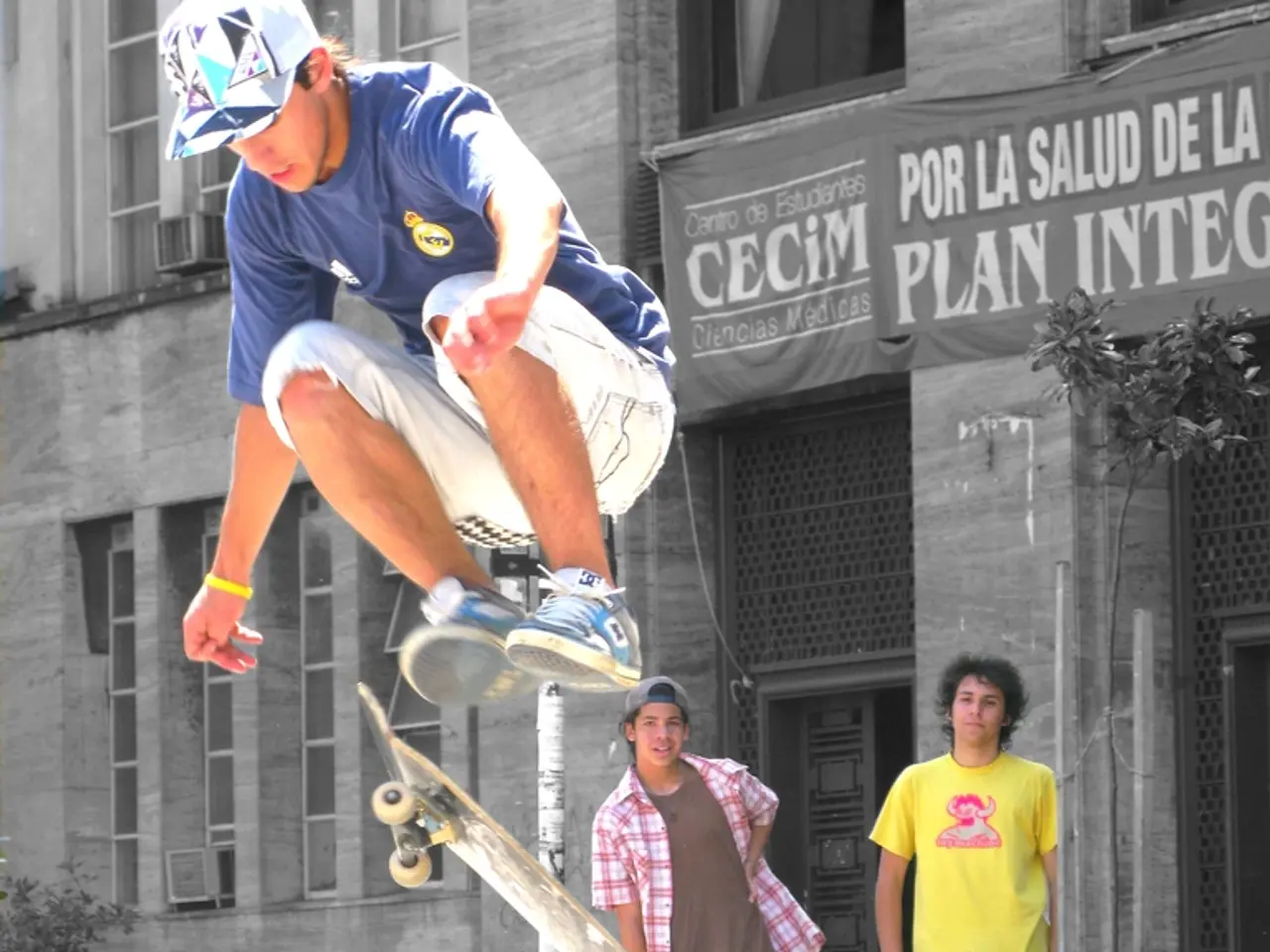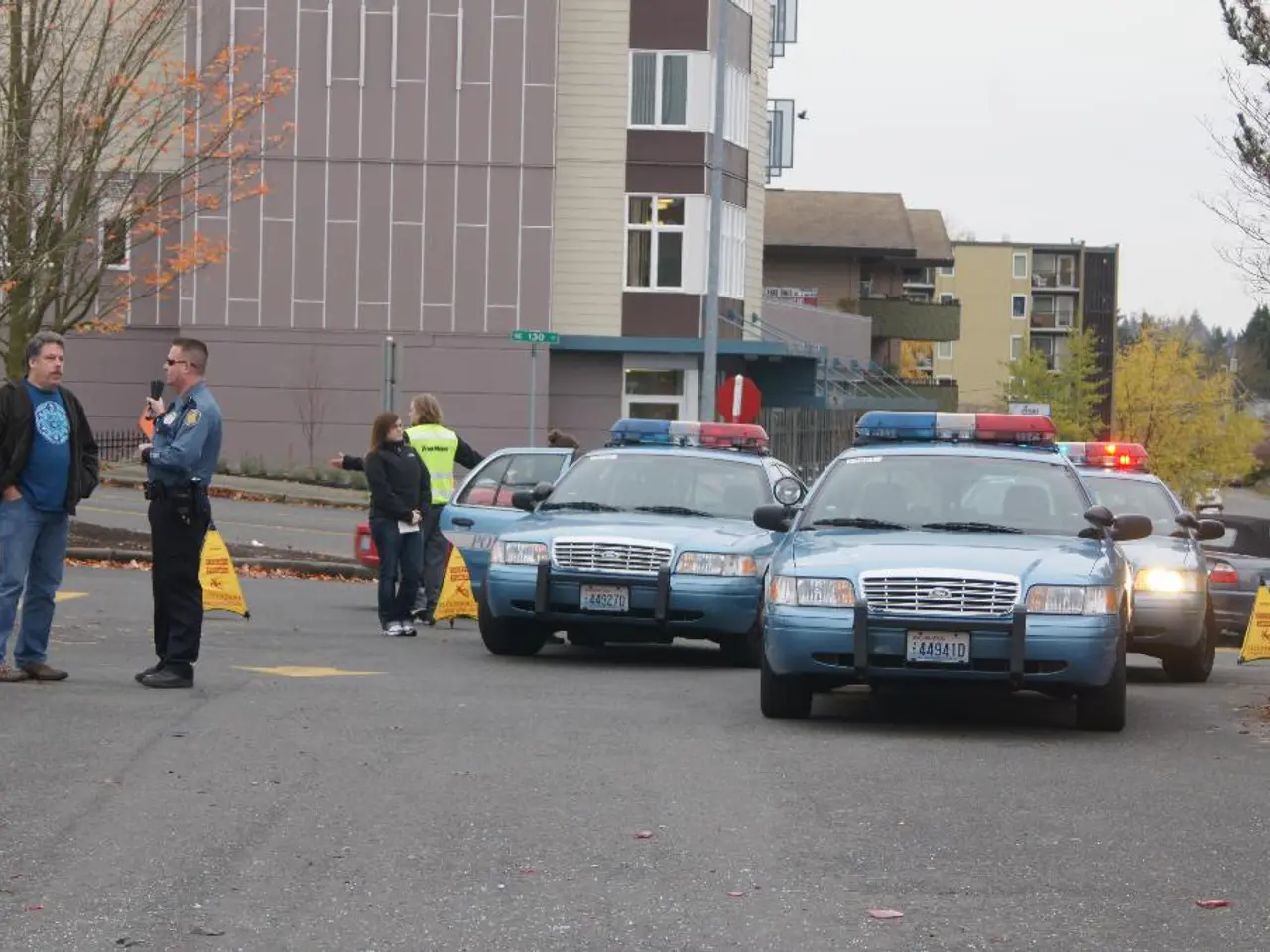Left-leaning discourse under scrutiny: Ponder your thoughts!
In the heart of La Charité-sur-Loire from July 4 to 6, the Citizen Initiative's Festival of Ideas is hosting over 30 events to tackle the cultural and political challenges we'll confront tomorrow, partnering with Liberation.
Once upon a time, the Socialist Party attempted to recover from a rocky congress in Reims. Martine Aubry, the new first secretary, sought to turn the party's internal wars into productive work. In 2009, the party established a "laboratory of ideas," bringing together specialists to work on environmental, justice, and equity issues. These exchanges between researchers and party leaders were stimulating, yet they ended prematurely in 2012, when François Hollande ascended to the Elysee.
Sociologist Michel Wieviorka, author of the essay Can the Left Idea Still Make Sense?, points out that this decision is emblematic of a broader problem. For years, the left has sidestepped fundamental questions and ideas. "Today, what remains of the parties does not really think about deepening intellectual work. Everything is just strategy and questions of alliances," he observes.
As the 2027 presidential election approaches, debates among left leaders center on alliances and the designation of future candidates. Programs are still in the development phase, with discussions more focused on approved strategies than innovative ideas.
Boris Vallaud, leader of the Socialist deputies, urged his party to refocus on developing ideas during its congress in 2022. He favored generating unique references and long-term visions, and initiated discussions on the concept of "demarchandisation." However, instead of provocative ideas, discussions revolve around party alliances. Repoliticizing ideas seems challenging for the left.
Christian Paul, co-organizer of the Ideas Festival, shares this concern. Despite the wealth of ideas available, the left lacks an organized effort to produce a comprehensive political project. The relationship between parties and civil society is now distant, suggesting an enormous chasm. According to economist Julia Cagé, some researchers may mistrust political formations that no longer present themselves as straightforward outlets for ideas.
La France Insoumise resolved this issue back in 2019 by creating the Institut La Boétie, a permanent dialogue platform between the political world and intellectual, university, and cultural circles. Conferences and seminars on diverse topics, such as the sea, digital transformation, and the fight against the extreme right, are regularly organized there.
To strengthen its doctrinal position and battle of ideas, the Jean-Luc Mélenchon movement published the book "Extreme Right: The Unstoppable Rise" in 2024. However, while presenting itself as the only alternative to the National Rally, the left remains stuck in rhetoric, often neglecting to put forth concrete proposals.
Without a significant, inspiring vision, the left may struggle to recover its former influence. Benoît Hamon, former socialist presidential candidate, pointed out that the left's inability to enlighten the future in a positive manner is part of the issue. A prominent example of innovative thinking was Hamon's 2017 presidential campaign proposal for a universal basic income, which sparked significant debate throughout the political sphere.
However, optimism prevails among parties and civil society, as both sides are eager to collaborate and develop a fresh political vision. As sociologist Michel Wieviorka observes, now is the time to reinvent oneself and make a strong, collective push to resurface.
Fragmentation Among Left Parties
The NFP's electoral success in 2024 united the four major left parties, but the alliance has since unraveled. Intra-left discord, primarily between LFI and the PS, currently threatens the alliance's survival. Key leaders have grown weary of unity efforts, signaling an ongoing struggle for cohesion within the left[1].
The Parti Socialiste, once a powerhouse of the left, is facing an identity and leadership crisis. Its most recent congress exposed stark divisions and a lack of consensus on direction. Multiple factions debate environmental socialism versus reformism, but no unifying vision has emerged. The PS's membership has dwindled to under 40,000, and internal strife risks weakening the party further or causing schisms[3].
Efforts at New Political Projects and Visions
Raphaël Glucksmann's Place Publique is one of the initiatives attempting to build a new political vision. Recently, Glucksmann presented an extensive 100-page policy platform titled "Our Vision for France," which he developed over nine months with feedback from 3,000 activists[2]. The platform emphasizes pro-European democracy and aims to recapture the left's founding principles. This approach mirrors Mélenchon's earlier comprehensive manifesto but is more pro-European in orientation.
While the French left may struggle to unite and formulate a cohesive political project, individual figures and smaller parties are forging ahead with their visions[1][2][3][4].
The ongoing discord within the four major left parties highlights the need for a coordinated effort to develop a collective political vision. The emergence of initiatives like Raphaël Glucksmann's Place Publique and their comprehensive policy platforms, such as "Our Vision for France," offer promising steps towards redefining the left's identity and agenda, combining the wisdom from policy-and-legislation discourse with the input from general-news and politics.

